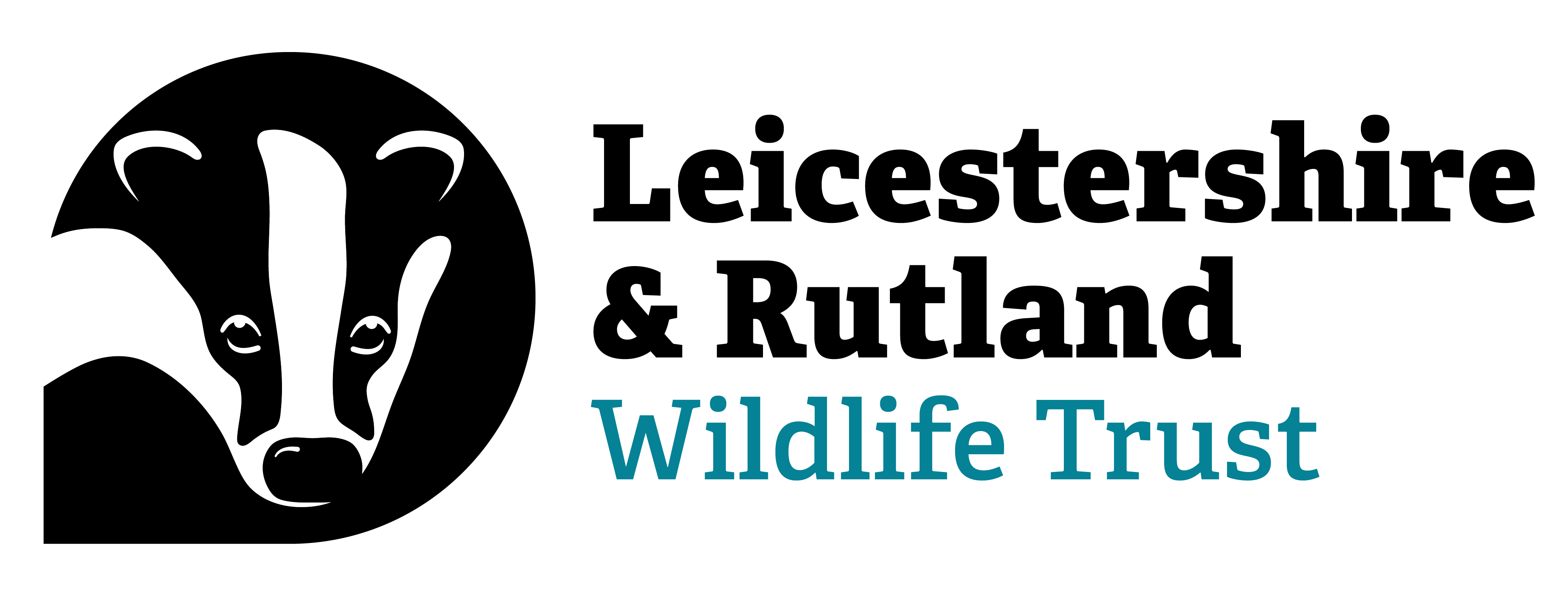Last week, really saw the season kick off as on Monday 21st March at 17:29 saw the return of breeding male 33(11) to the Manton Bay nest, just six days after Maya arrived. Since he arrived back, there has been plenty of nest building and plenty of fresh material has been brought back such as twigs and soft nest lining. 33(11) has also been doing a sterling job at bringing in plenty of fish for Maya including this whopper of a Trout shown in the video below. We are all very excited to see what happens over the next few days as it could be as soon as this weekend that Maya lays the first egg, as Ospreys will usually lay the first egg between 10 and 14 days after copulation!
An early season update
Osprey Pandion Haliaetus Rutland Water summer - David Tipling/2020VISION
One of the other birds to have returned, is breeding female 5N(04) and she is arguably one of the Project’s most important individuals, as she was the first “Rutland-born” Osprey to breed in 2007. 5N fledged from one of the offsite nests in 2004 and her father was none other than 03(97), or Mr Rutland as he became fondly known, and 5R(04) who originally paired up with Maya in 2010, was 5N’s brother. 5N is an incredible individual as not only will she be 18 years old this season, making her the oldest bird currently in the Rutland population, but she has also raised 33 chicks over her lifetime, which is the most a Rutland bird has ever raised in total!
In other news, satellite tracked male 4K(13) has left his wintering grounds in Guinea on Monday 21st March at 11am and is currently making his way through Spain.

A lot of people have been asking if the large stick that is in the nest will cause a problem for Maya and 33(11) when the eggs are laid and we are confident it won’t affect them as there is still plenty of room within the nest. The stick in question is one of the sticks that were used to help strengthen the nest during its annual maintenance checks just before the Ospreys were due to return. Before the Ospreys arrive, the nest is subject to be used by other species of birds, such as Egyptian Geese, before the Ospreys arrive, there is unfortunately a chance they might cause slight damage to the nest, which is completely out of our control. We are unable to remove it from the nest now Maya and 33(11) are back, due to the risk of disturbance it may cause to the breeding pair, which is illegal for us to do.

